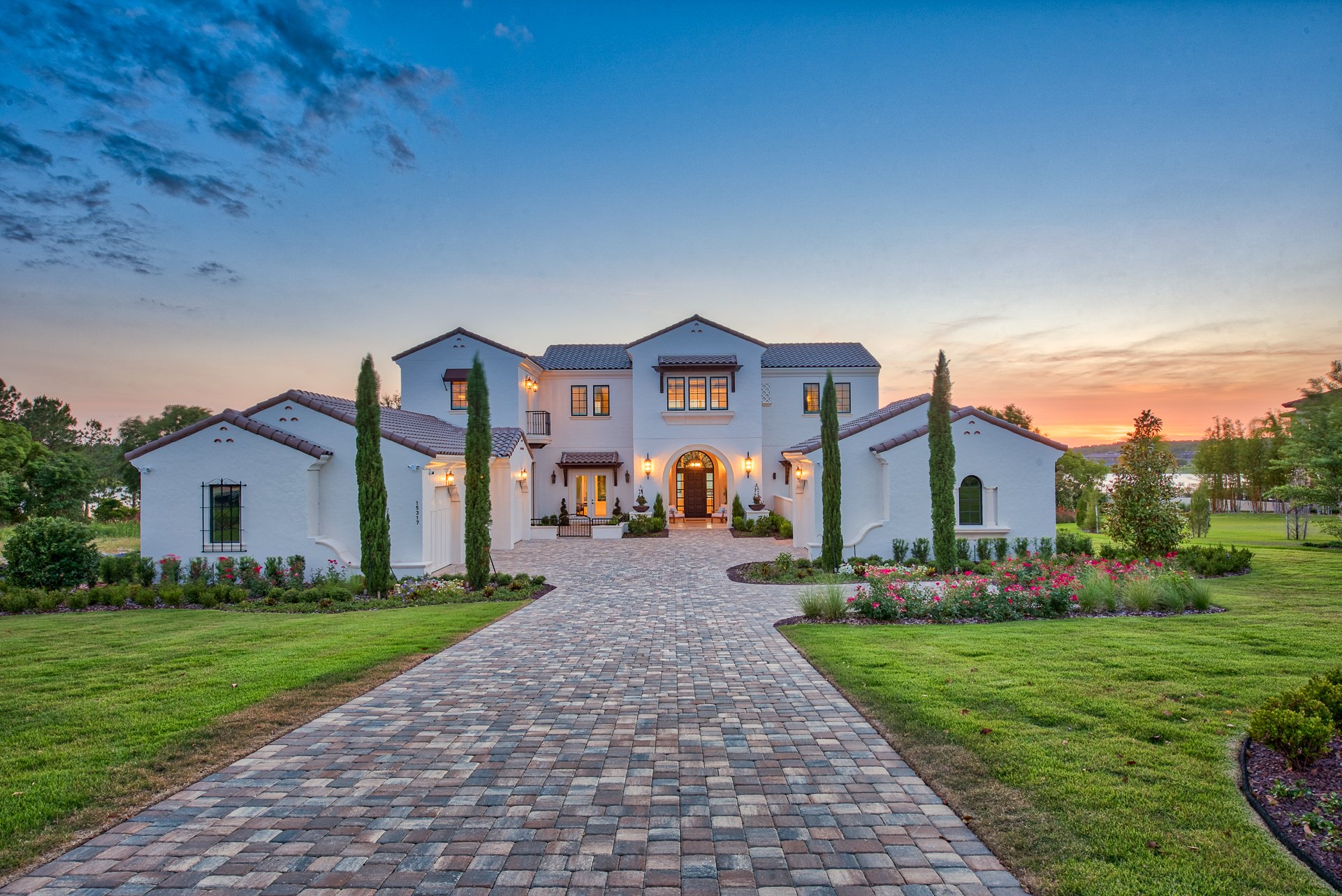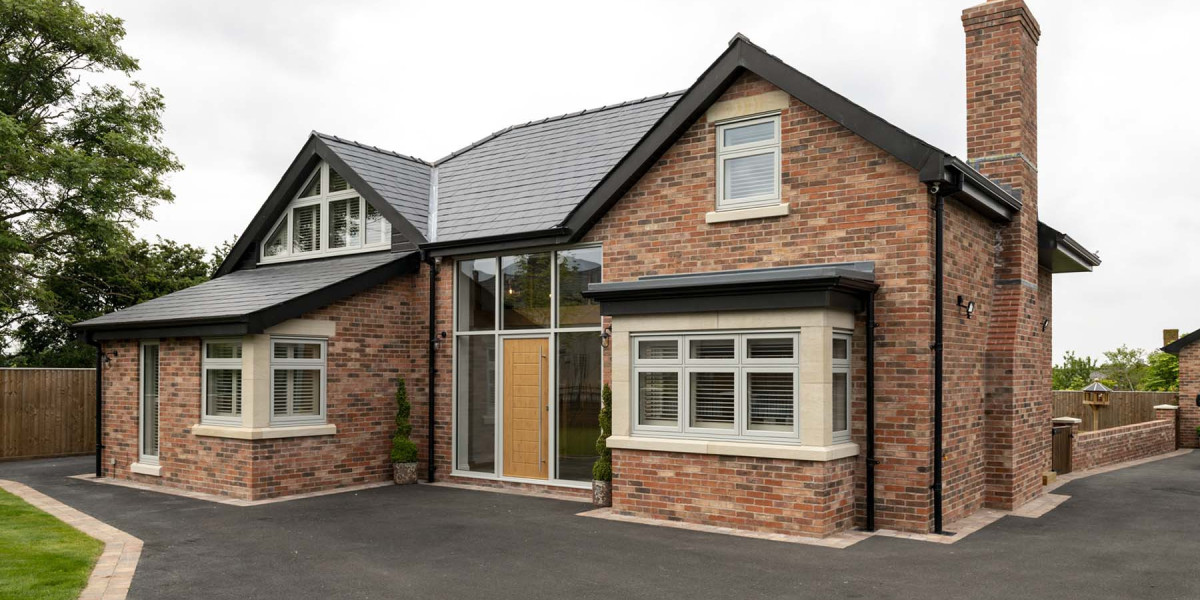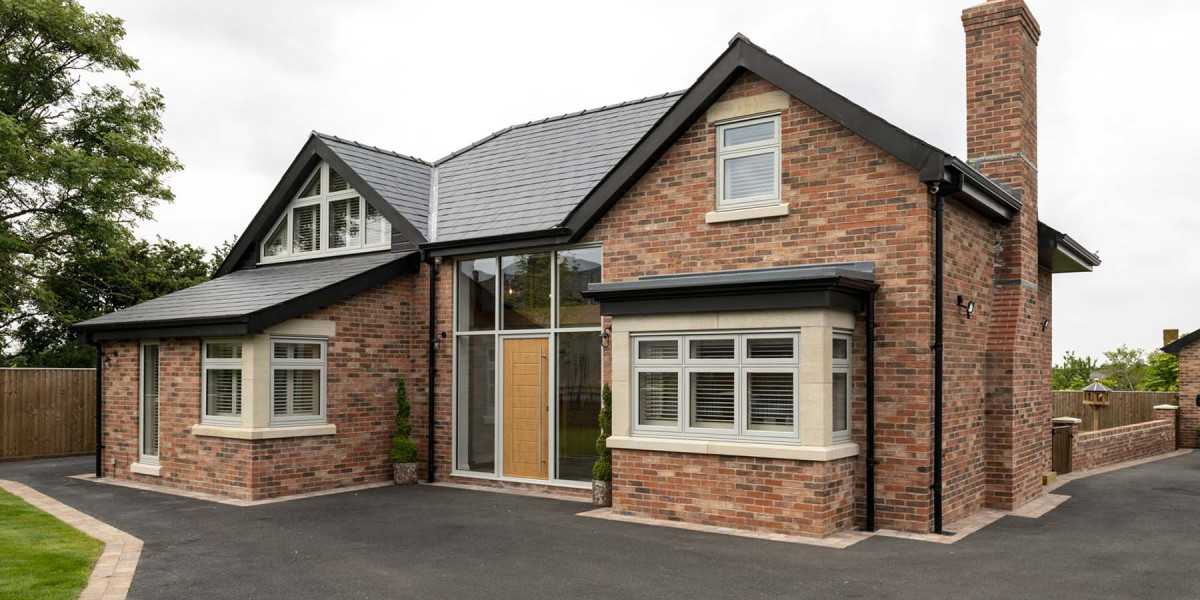
When you purchase a home, you generally acquire the residential or commercial property and have full, comprehensive ownership over the home and the land it sits on. While this isn't the most common kind of homeownership in the US, some city realty markets consist of homes for leasehold purchase.
Today, let's explore what a leasehold is, how leasehold ownership compares to freehold ownership, and the advantages and disadvantages of a leasehold residential or commercial property in detail.
What Is a Leasehold Residential or commercial property?
Simply put, a leasehold residential or commercial property is an individual residential or commercial property that you own for a specific quantity of time without owning the land that it is developed on. It's contrasted with freehold or charge basic ownership, which is far more typical in America; leasehold residential or commercial property plans are more typical throughout Europe in nations like the UK.
What Does Leasehold Mean?
In a nutshell, a leasehold implies that you "lease" to own a particular rented residential or commercial property from its true or long-term loan provider. With a leasehold agreement, the residential or commercial property owner or lessor gives the leaseholder the right to reside on the residential or commercial property (and for all intents and functions act as though they own the residential or commercial property) for a specific timeframe. This fixed period of time can be short-term (month-to-month) or a longer period such as a year or 2 years.
In exchange, the lessee or homeowner makes a deposit and pays lease (in some cases called ground lease) every month like a traditional rental occupant. You pay leasehold interest on your acquired leasehold estate, however the interest depends upon things like whether the residential or commercial property is a brand-new develop and other aspects of the lease agreement.
A leasehold residential or commercial property plan is various from a rental arrangement in a few essential methods:
- Leasehold residential or commercial property plans are longer than rental leases for the most part. For circumstances, you may rent a residential or commercial property for a year before needing to restore your lease. If you buy a leasehold residential or commercial property, you'll own the residential or commercial property for five to ten years at minimum, then have the option to renew your lease later on
- You have the flexibility and flexibility to make leasehold improvements to the residential or commercial property or to otherwise customize the residential or commercial property so it better fits your needs up until completion of the lease.
The various types of leasehold residential or commercial properties include single-family homes, however they are far more typical for business residential or commercial property lots, such as malls, organization structures, and so on. In these scenarios, company owner obtain for leasehold residential or commercial properties so they do not need to take complete ownership of the land and choose what to do with the land if they ever need to move or change up their company premises.
Leasehold vs. Freehold
Leasehold residential or commercial properties are contrasted with freehold residential or commercial properties, which are far more common in America for single-family homeowners. When you own a freehold residential or commercial property, you own the residential or commercial property in its totality and in all time. In addition, you own the land that the residential or commercial property is constructed on.
Basically, freehold ownership is "complete" ownership. While you still may make mortgage payments on a monthly basis during the regard to the lease to your mortgage loan provider, you own the residential or commercial property plain and easy, and when your mortgage payments are done, you do not need to make anymore payments toward the residential or commercial property or the land it sits on.

Freehold residential or commercial properties make up the huge bulk of buyable residential or commercial properties in the US. However, residential or commercial properties with leaseholds are more typical in certain cities such as Miami and in states like New York and Hawaii (the latter of which places a premium on land ownership given that there is a really minimal amount of it).
Generally, leasehold residential or commercial properties are readily available in places with less open land for new advancement. You can discover leasehold homes and buildings in industrialized metro locations rather than rural locations with a lot of available area.
What Are the Benefits of a Leasehold Residential or commercial property?
There are great deals of advantages to owning a leasehold residential or commercial property, much of that make purchasing a leasehold home or business building advantageous.
You Can Sell Your Leasehold
For beginners, you can sell a leasehold residential or commercial property, even though you do not technically own the residential or commercial property outright. What you really sell is the lease to the leasehold residential or commercial property, at which point the brand-new owner continues making payments to the "real" or freehold residential or commercial property owner in your stead.
In this method, purchasing a leasehold residential or commercial property uses greater versatility compared to leasing a residential or commercial property - in the latter case, you can't just offer your leasing to another person in exchange for money. The new renter has to form a different contract with the residential or commercial property owner.
Even much better, you can sell your leasehold without alerting the original residential or commercial property owner. The more time left on your leasehold lease, the more important your residential or commercial property might be. This additional flexibility means that you are never ever really locked into a leasehold lease if you can discover another prepared purchaser. That helps to negate among the drawbacks mentioned below, particularly that leasehold loans usually have relatively long terms.
Leasehold Properties Can Be a Deal
Because leasehold residential or commercial properties aren't sold out right, they are usually cost a discount rate compared to freehold residential or commercial properties. If you are wanting to purchase a home for the very first time or otherwise don't have a great deal of cash saved up, you may still have the ability to purchase a home if you look for leasehold residential or commercial properties particularly. These are often available at a substantial discount.
Leaseholds Make Ideal Rental Properties
It's possible for a leaseholder to rent your residential or commercial property to somebody else. You still pay to the freehold owner for the residential or commercial property, but you can rent your leasehold home to someone else and pocket the distinction (depending upon market conditions).
Leasehold residential or commercial properties oftentimes make perfect rental residential or commercial properties for investors. You do not need to fret about spending for the land or owning the residential or commercial property in general, which can result in some administrative and managerial headaches.
Even if you do not plan to rent your leasehold home, securing a leasehold loan indicates you get a number of the advantages of renting your residential or commercial property without being as restricted to traditional rental real estate, like houses, smaller sized houses, and so on.
Leaseholds Have Lower Down Payments
Because leasehold residential or commercial properties are often more affordable than freehold residential or commercial properties, they likewise often have lower deposits. Again, this makes leasehold genuine estate more available for first-time financiers or property buyers.
You Can Renovate as Much as You Want
Since you "own" a leasehold residential or commercial property you acquire, you can refurbish it as much as you want, with the exception of any terms that may be mentioned in your leasehold lease. This is contrasted with conventional rental arrangements. When you lease a residential or commercial property, you typically aren't permitted to remodel or make changes to the residential or commercial property beyond adding some fundamental designs.
Interest Rates Are Remarkably Consistent
Leasehold residential or commercial properties have one final advantage: consistent rate of interest. In times of market volatility or fluctuation, this can be a major benefit in that you'll be able to predict how much you'll spend for your leasehold residential or commercial property for several years or perhaps years to come.
Exist Downsides To a Leasehold?
However, there are disadvantages to owning a leasehold residential or commercial property rather than buying a freehold residential or commercial property to remember.
You Don't Own the Land
You never ever own the arrive on which a leasehold residential or commercial property sits. This naturally decreases the value of purchasing a leasehold residential or commercial property compared to purchasing a freehold residential or commercial property.
You Still Pay Rent
Furthermore, acquiring a leasehold residential or commercial property suggests you still pay rent to be a real, freehold owner. Instead of putting cash towards your mortgage and building equity in your home, you pay rent and do not develop anything. If you have a long-lasting objective of homeownership and never ever need to pay for your house again, leasehold ownership is not the very best choice.
You're Committed for a Very Long Time
Many leasehold loans are used for time frames ranging from five years to ten years or perhaps longer. When you sign a leasehold loan, you are often locked into that monetary plan for a very long time, specifically compared to rental leases (which are for months or as much as a year, usually).
Due to this restriction, you should be sure that you wish to purchase a leasehold residential or commercial property before signing on the dotted line.
Leaseholds Are Rare Outside of Certain States
Outside of states like Florida, New York City, and Hawaii, it can be difficult to find leasehold residential or commercial properties readily available for purchase. Due to a mix of elements varying from culture to plentiful genuine estate opportunities and more, leaseholds are simply unusual in the United States.
These types of residential or commercial properties are far more common in Europe, and specifically the UK. If you're wanting to benefit from the above benefits, you may need to hunt for the perfect residential or commercial property for much longer than if you were to search for a freehold residential or commercial property for the mortgage.
The Bottom Line on Leaseholds

As you can see, leasehold ownership can be helpful in some scenarios. However, it can be hard to understand whether purchasing a leasehold residential or commercial property is much better than buying a freehold residential or commercial property. In these cases and more, you require to understand you have the best financing prepared to go to complete your purchase ASAP.
That's how Vaster can help. Not just can our experienced loan officers assist you discover the perfect loan for your requirements, however they can also assist you comprehend whether one home purchase or another is perfect for your objectives. Contact us today for more information.







